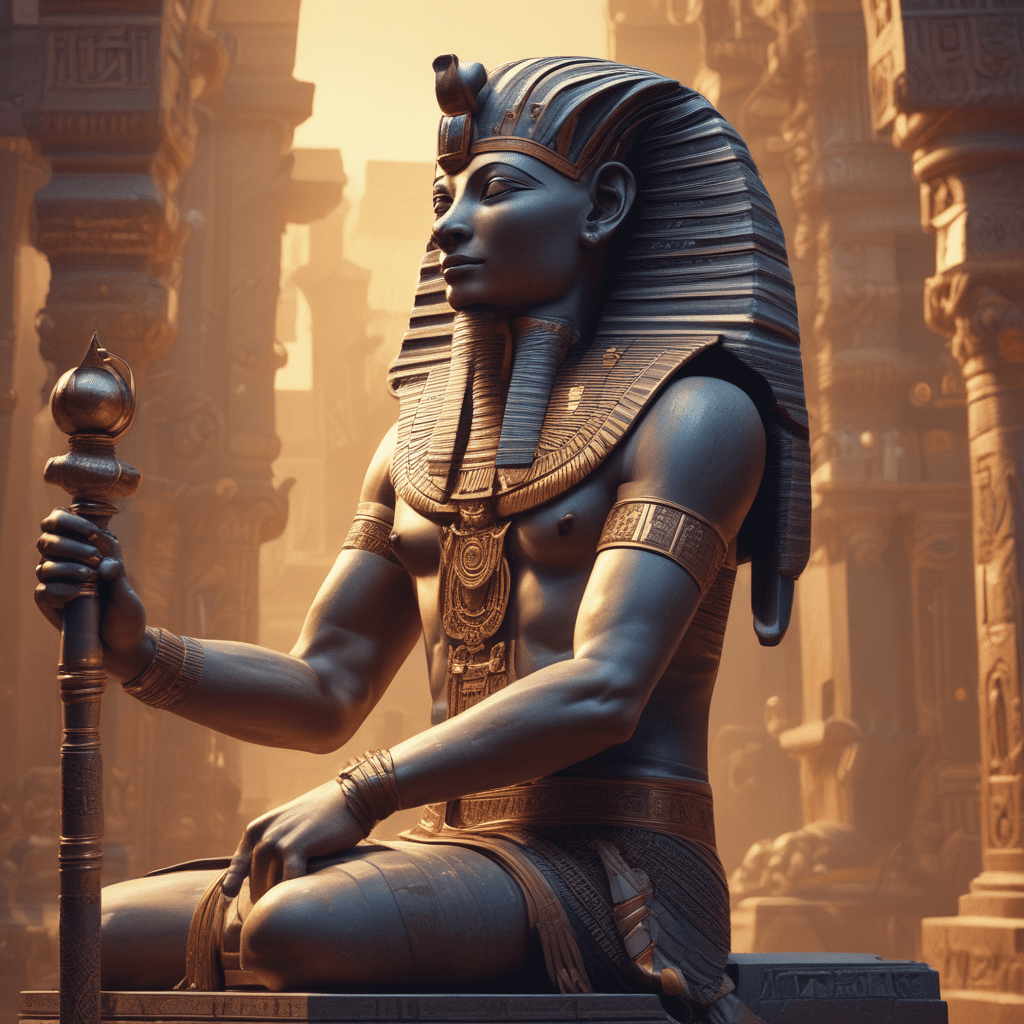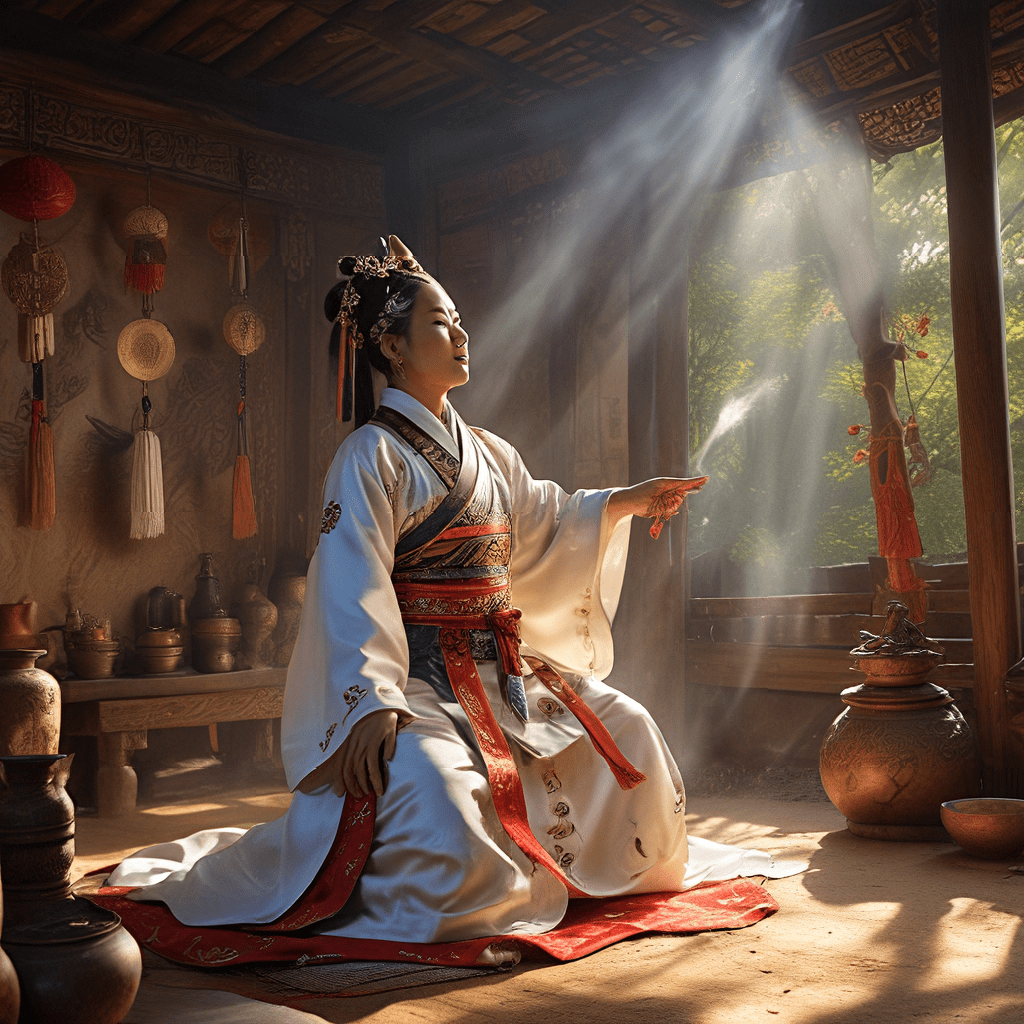The Myth of the God Khonsu in Egyptian Mythology
Egyptian mythology is rich with tales of deities who wielded immense power and influences over different aspects of life. Among these divine beings is Khonsu, a significant figure associated with the moon in ancient Egypt. Let’s delve into the myth of Khonsu and explore his importance in Egyptian belief systems.
Who is Khonsu?
Khonsu, sometimes spelled as Chons, Khensu, or Khonshu, was a lunar deity worshiped in ancient Egypt. He was often depicted as a young man with a sidelock of youth symbolizing his youthful nature and connection to growth and fertility.
Role and Attributes of Khonsu
Khonsu was primarily associated with the moon, representing its different phases and cycles. He was considered a healer and a protector, with the ability to restore health and well-being. Egyptians believed that Khonsu possessed the power to renew strength and vitality, emphasizing his role in rejuvenation.
Besides his healing attributes, Khonsu was also linked to time and considered a god of the moon’s light. His association with time made him a deity of great importance in Egyptian cosmology, as the moon was used to mark the passage of months and seasons.
Mythological Stories and Worship of Khonsu
One prominent myth involving Khonsu was his relationship with the goddess Mut and the god Amun, where they formed the Theban Triad—a divine family revered in Thebes. This triad symbolized the power of creation, with Khonsu representing the growth and sustenance that followed creation.
Khonsu was worshipped in various temples throughout Egypt, including the famous Temple of Khonsu at Karnak. His followers sought his blessings for healing, protection, and guidance, believing in his abilities to bring about positive outcomes in their lives.
Upon understanding the myths and significance surrounding Khonsu, one can appreciate the integral role he played in Egyptian mythology and the lives of ancient Egyptians.
FAQ About the Myth of the God Khonsu in Egyptian Mythology
Who is Khonsu in Egyptian Mythology?
Khonsu is the ancient Egyptian god of the moon, time, and youth. He is often depicted with a falcon’s head, holding the symbols of life and power. Khonsu was regarded as a healer and protector, associated with fertility and growth.
What is Khonsu’s Role in Egyptian Mythology?
Khonsu played a significant role in Egyptian mythology as a deity linked to the lunar cycle. He was believed to influence the passage of time, fertility, and the rejuvenation of life. Khonsu was also associated with magic and healing powers.
Is Khonsu Worshiped Today?
Although ancient Egyptian religion has largely faded, there are still followers of modern reinterpretations of Khonsu and other Egyptian deities. Some individuals incorporate aspects of Khonsu’s symbolism into their spiritual practices.
What Symbols are Associated with Khonsu?
Khonsu is often represented with the lunar disk and crescent symbol, reflecting his association with the moon. He may also be depicted holding the ankh (symbol of life) and the was scepter (symbol of power and dominion).
What Temples were Dedicated to Khonsu?
One of the most famous temples dedicated




